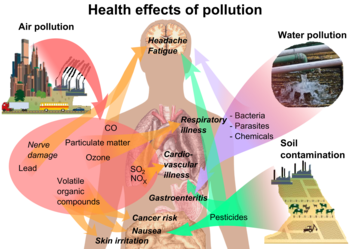The Right Vitamins for Your Teeth
 You’ve always been given a broad choice of foods to eat and snacks to avoid by your dentist, but doesn’t it count to know what vitamins healthy foods are comprised of? Before you munch on your tossed salad or sip your fruit juice, let’s take a quick peek on what makes food healthy for the teeth.
You’ve always been given a broad choice of foods to eat and snacks to avoid by your dentist, but doesn’t it count to know what vitamins healthy foods are comprised of? Before you munch on your tossed salad or sip your fruit juice, let’s take a quick peek on what makes food healthy for the teeth.
Vitamin A – vitamin A helps in the proper development of teeth and skin. Vitamin A’s antioxidant properties fight free radicals, which are responsible for tooth decay.
Foods rich in vitamin A include:
Liver-based products
Eggs
Butter and margarine
Vegetables rich in carotene, such as: carrots, leafy vegetables, potatoes, and mangoes
You’ll never run out of vitamin A-rich foods. They’re basically everywhere, and even preserved foods. Dependency on vitamin A rich foods will also pave the way to an overall healthy and glowing body, as evidenced by softer skin and better vision.
Vitamin C – apart from regulating our blood flow, vitamin C helps the teeth by:
1. Strengthens our immune system; when both the immune system and teeth are actively complementing each other, nothing can get in the way of a healthy organs and teeth.
2. Aids in the maintenance of strong, healthy gums.
3. Effectively prevents periodontitis for adults.
Foods rich in vitamin C include:
1. Citrus fruits such as oranges, lemons, strawberries, raspberries, and mangoes.
2. Fresh vegetables, which include potatoes, peppers, brussel sprouts, broccoli, tomatoes, and cabbage.
It’s also good to note that some varieties of vegetables are richer in vitamin C than fruits. And if you’re thinking of packing on large doses of vitamin C every day, then forget it: all excess vitamin C is flushed by our urinary tract, because aggressive amounts of it cause headaches, vomiting, and kidney stones.
Vitamin D – dubbed by most nutritionists as the “controller” of many diseases in the body. Vitamin D is a fat-soluble vitamin found in very few foods. Normalized amounts of vitamin D help in:
1. Strengthening our teeth. It doesn’t directly strengthen our teeth, but helps in the regulation and absorption of calcium. Vitamin D regulates and optimizes our calcium intake. It basically acts as the gears for calcium’s circulation in our body.
2. Helps avoid gingivitis, because of its anti-inflammatory properties.
Natural sources of vitamin D include:
Fatty fish, such as tuna, sardines, and salmon.
Eggs, specifically egg yolk.
Animal liver
Mushrooms
You know that you’re sufficiently ingesting vitamin D when you have:
Healthy hair
Light, soft skin
Pimple-free face and body
And of course, strong, white teeth
Take note that even while you get sunlight in your room doesn’t mean get vitamin D. That’s because natural sunlight does not penetrate through translucent layers. It’s also better to engage in exercise while basking in sunlight.






